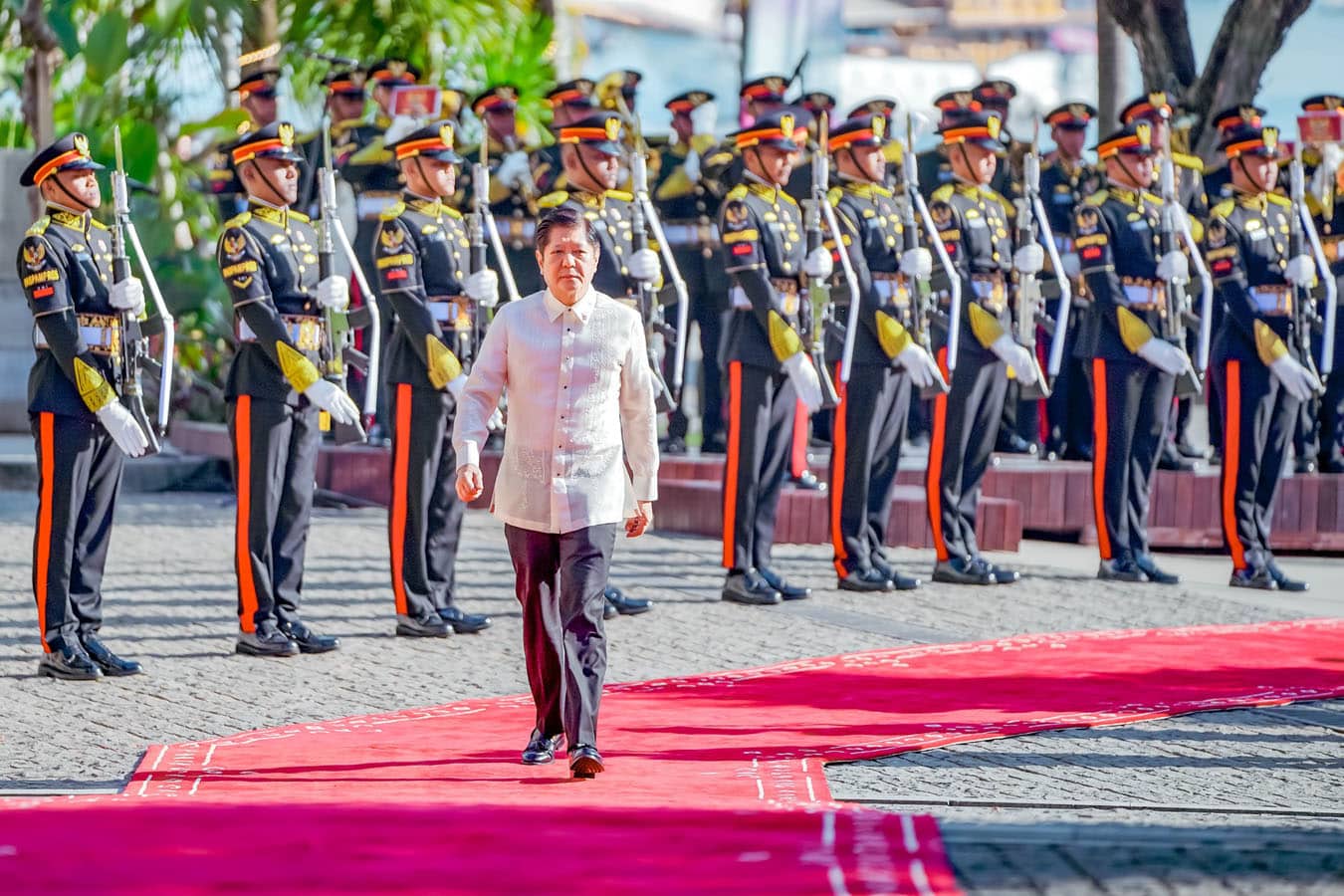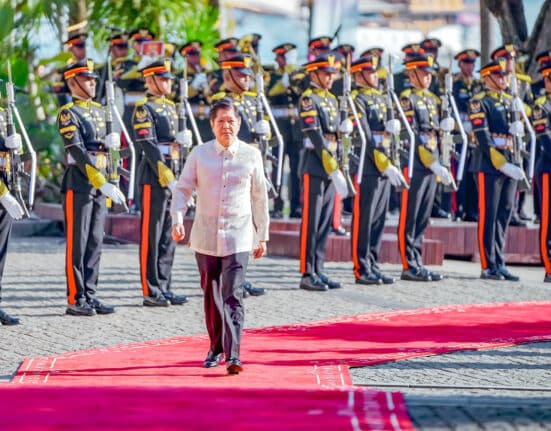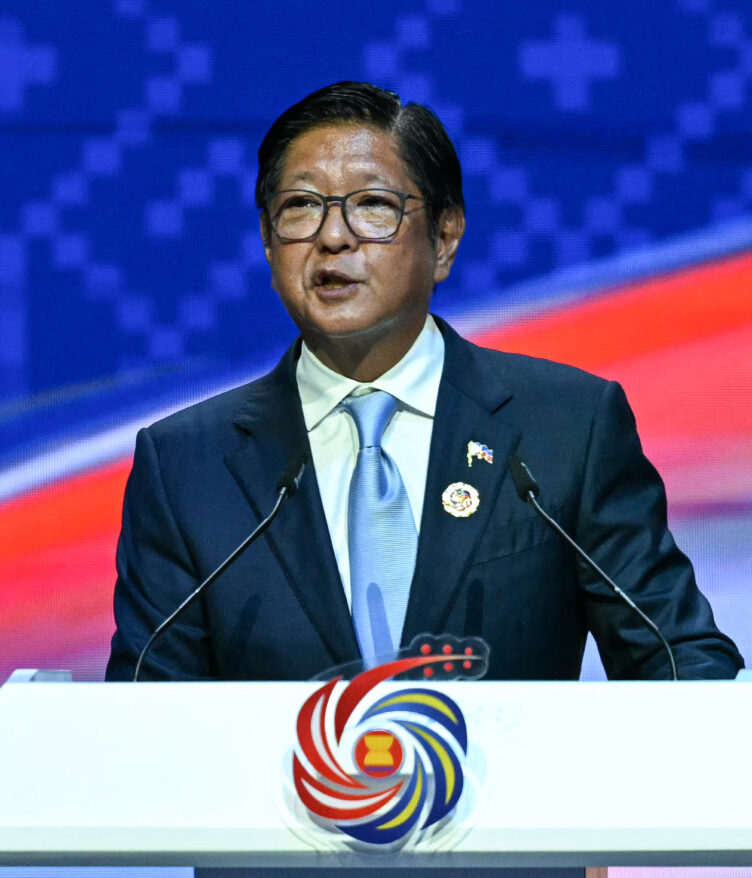President Ferdinand Marcos Jr. on Wednesday, May 10, raised concern about the aging population in Southeast Asia, saying it must be addressed.
Speaking at the plenary session of the 42nd ASEAN Summit in Labuan Bajo, Indonesia, Marcos said the Asian Development Bank has estimated that one out of four people in the Asia Pacific will be over the age of 60 by the year 2050.
“I think therefore it is time that ASEAN should start discussing the concerns of an aging population, consistent with the ASEAN tradition of valuing our elders,” he said.
He said the aging population must be viewed both as an opportunity and as a challenge, “especially in terms of adequate social benefits on the one hand and social empowerment on the other.”
“ASEAN goals and work plans should ensure health for our elders and a safe, dignified, and productive life,” he added.
SUGGESTED STORIES:
‘One Piece’ Season 2 release date set for March 2026
THE second season of the hit live-action adventure “One Piece”.
Alex Eala Books Round of 16 Berth at Hong Kong Open
FILIPINA tennis star Alex Eala has officially booked her ticket.
Philippines to take ASEAN chair with focus on South China Sea
Kuala Lumpur, Malaysia: Malaysia handed over the chairmanship of Southeast.
Climate change
The President also discussed the necessity for the region to switch to renewable and alternative energy sources, emphasizing that the Philippines is playing its part in that shift.
Along with urging developed nations to uphold their longstanding obligations under the Paris Agreement, Marcos also advocated unity among members of the Association of Southeast Asian Nations.
“Although developing countries such as the Philippines only account for less than one percent of global emissions, our countries bear the brunt of the devastating impacts of climate change,” Marcos said.
“Recognizing that a cleaner energy future is anchored on the supply of critical minerals, ASEAN should now start enhancing regional cooperation towards boosting the region’s strategic industrial metals and minerals value chain,” he added.
“Developed countries have a moral obligation to support the adaptation and mitigation efforts of the most vulnerable countries through technology transfer, capacity building, and climate financing to address loss and damage and achieve necessary breakthroughs for climate action at a global scale.”
International law, trade
He also called on ASEAN to “double its efforts, especially in the following priority areas: first, ASEAN should uphold international law and the international rules-based system, which have underpinned the peace, security, stability, and prosperity of our region.”
Marcos also expressed confidence that the Regional Comprehensive Economic Partnership (RCEP) agreement “will serve as an engine of growth that will help build more resilient supply chains and support the integration of our micro, medium, and small-scale establishments into the global economy.”
The President added that the Philippines aims to strengthen food security and production efficiency through the use of new agricultural technologies, upgrading technical and vocational education and training, and adopting climate- and disaster-resilient technologies.
How useful was this post?
Click on a star to rate it!
Average rating 0 / 5. Vote count: 0
No votes so far! Be the first to rate this post.
We are sorry that this post was not useful for you!
Let us improve this post!
Tell us how we can improve this post?








